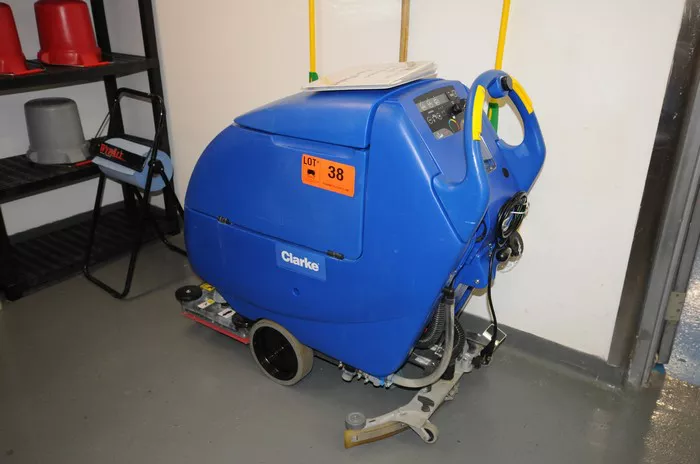Not mopping the floor can lead to a series of household environmental and health issues. Firstly, it increases the accumulation of dust and bacteria, which may result in allergies, respiratory infections, and other health problems. Secondly, not mopping the floor can make it slippery, increasing the risk of falls, especially in crucial areas like the kitchen and bathroom. Additionally, it affects indoor air quality, causing dust to accumulate on furniture and appliance surfaces, affecting aesthetics and efficiency.
Detailed Analysis
Impact on Household Environment
Not mopping the floor leads to the accumulation of dust, stains, and bacteria on the floor surface, especially in areas prone to dirtiness like the kitchen and bathroom. Prolonged neglect can make the floor difficult to clean and may even damage floor materials. For instance, unglazed tiles can harbor bacteria and fungi, leading to unpleasant odors.
Health Risks
The accumulation of dust and bacteria may cause allergy symptoms such as sneezing, runny nose, and coughing. For individuals with respiratory diseases, not mopping the floor may exacerbate their condition. Furthermore, particulates in dust can also increase the burden on the heart, posing a potential threat to cardiovascular health.
Safety Hazards
Stains and slippery floors may pose a risk of falls and injuries to household members, especially children and the elderly. Additionally, negligence in cleaning can make areas like the kitchen and bathroom difficult to navigate due to stains, impacting regular usage.
Social and Emotional Impact
Not mopping the floor may lead to conflicts within the family, as cleanliness is often considered a shared responsibility. A household that neglects mopping may result in other members having to take on more cleaning tasks, potentially causing dissatisfaction and stress.
FAQs
Q1: What are the health impacts of not mopping the floor?
A1: Not mopping the floor increases the accumulation of dust and bacteria, potentially leading to allergies, respiratory infections, and other health issues.
Prolonged neglect may damage floor materials, leading to the proliferation of bacteria and fungi, resulting in unpleasant odors.
Q2: What safety hazards are associated with not mopping the floor?
A2: Stains and slippery floors may increase the risk of falls, especially in crucial areas like the kitchen and bathroom.
Negligence in cleaning may make it difficult to navigate areas like the kitchen and bathroom, impacting regular usage.
Q3: How does not mopping the floor affect indoor air quality?
A3: The accumulation of dust and bacteria affects indoor air quality, causing dust to accumulate on furniture and appliance surfaces, affecting aesthetics and efficiency.
Conclusion
In summary, not mopping the floor not only affects the household environment but also poses a threat to the health and safety of family members. Therefore, regular and proper mopping is an essential measure to maintain household cleanliness and health.

